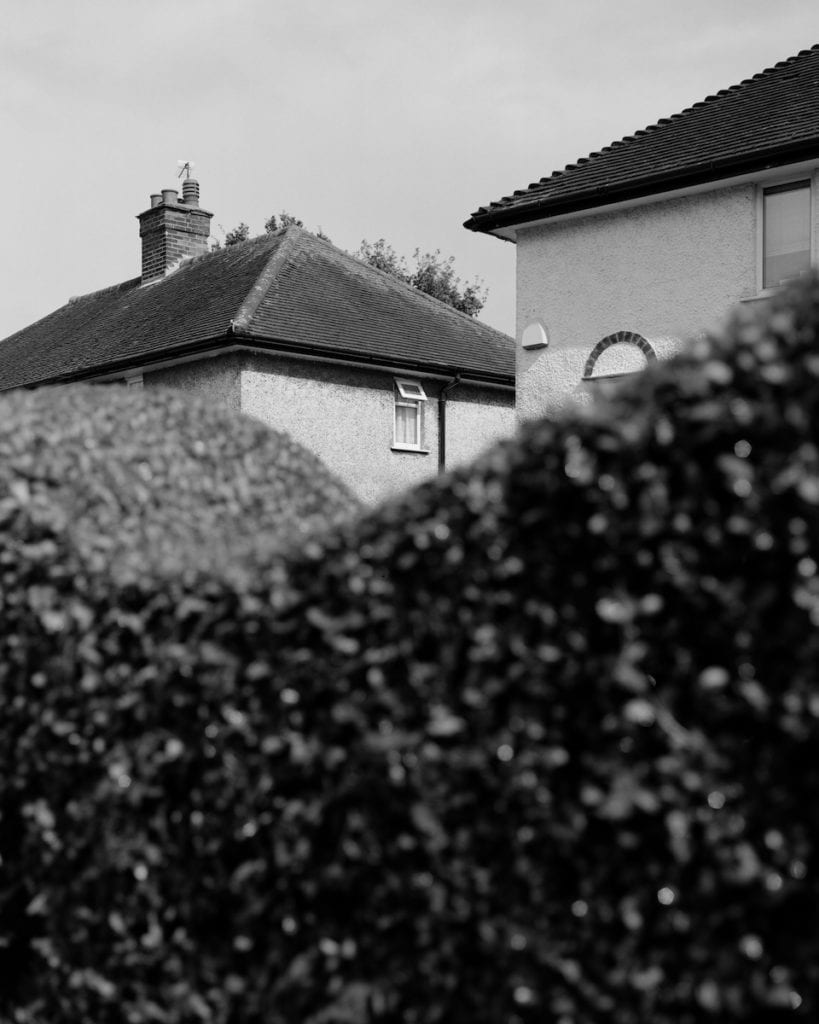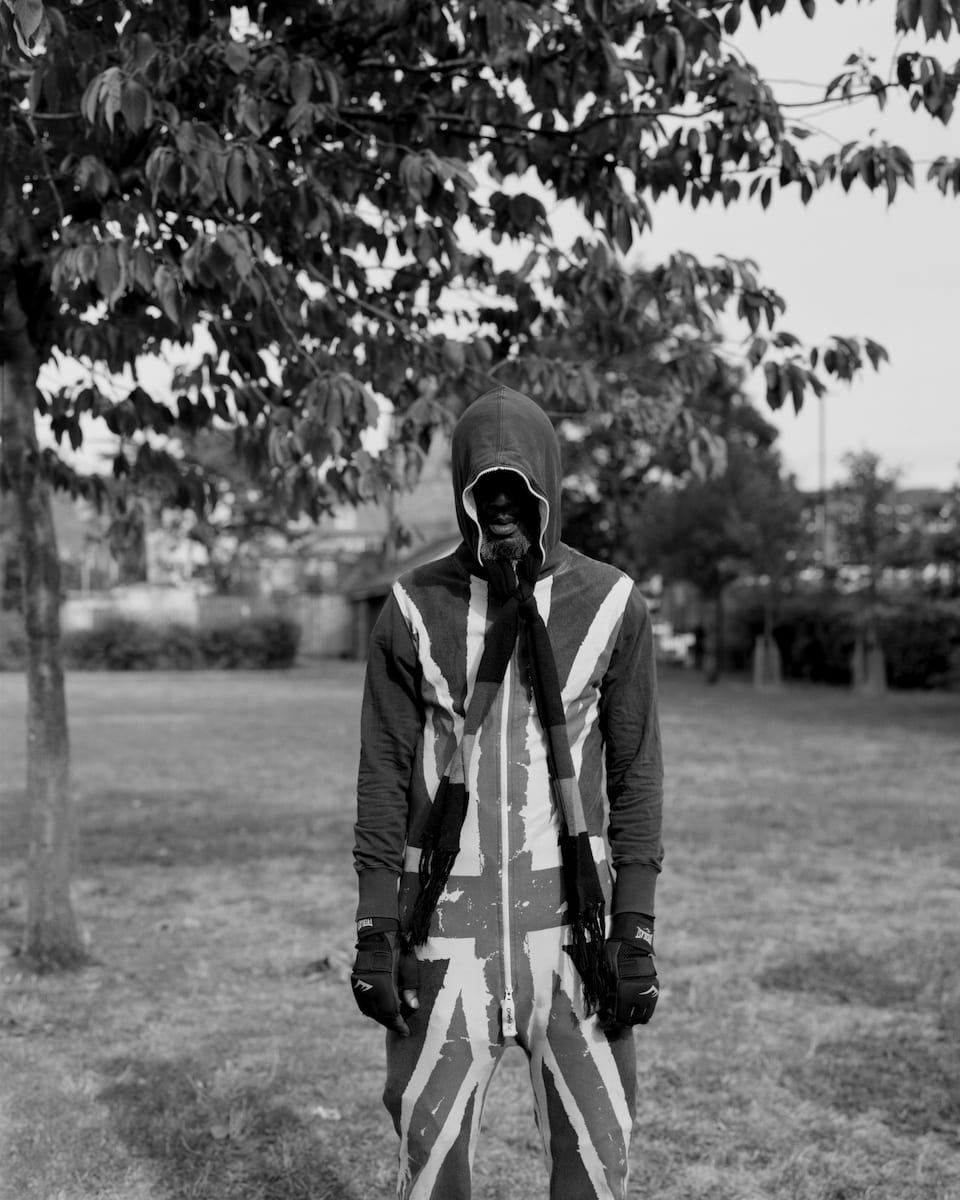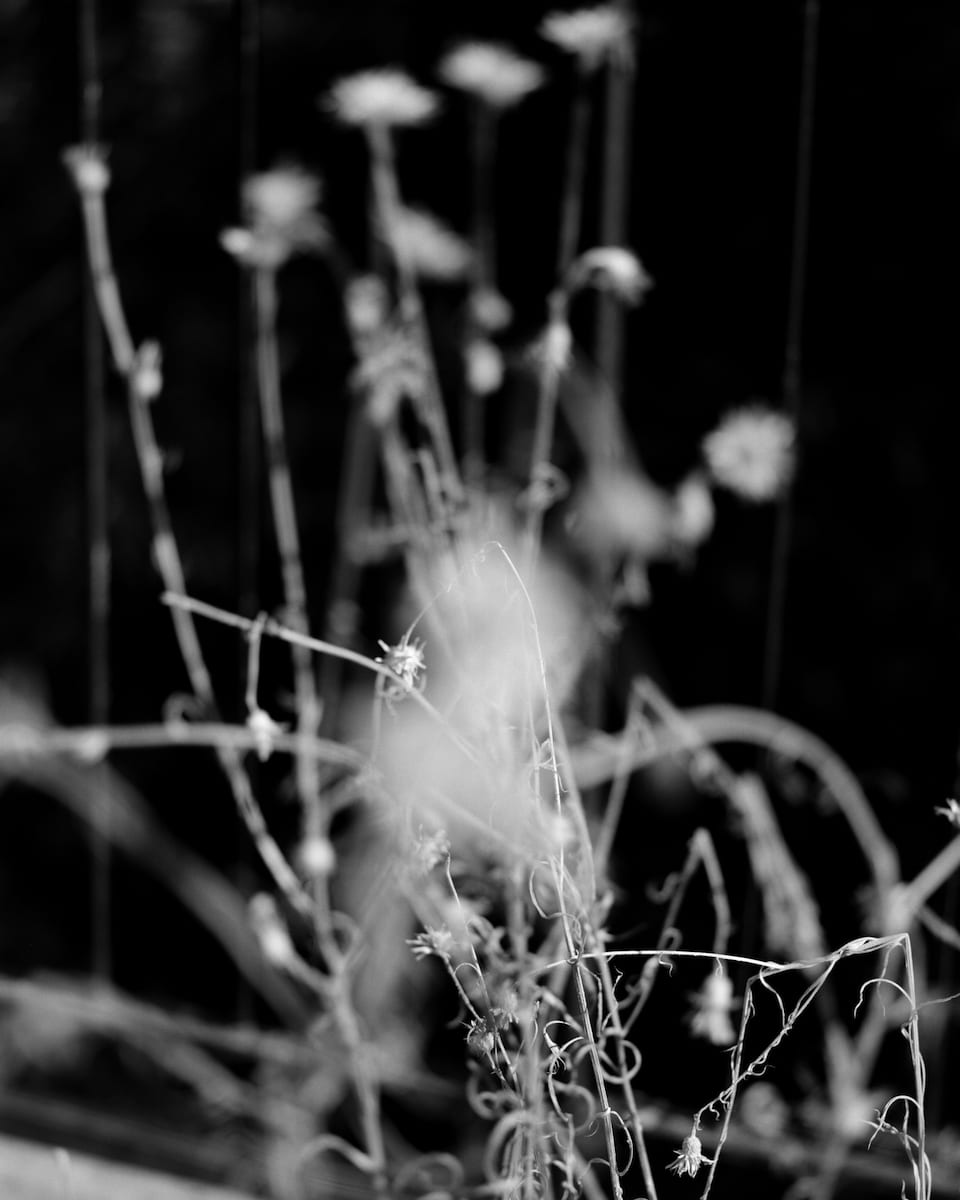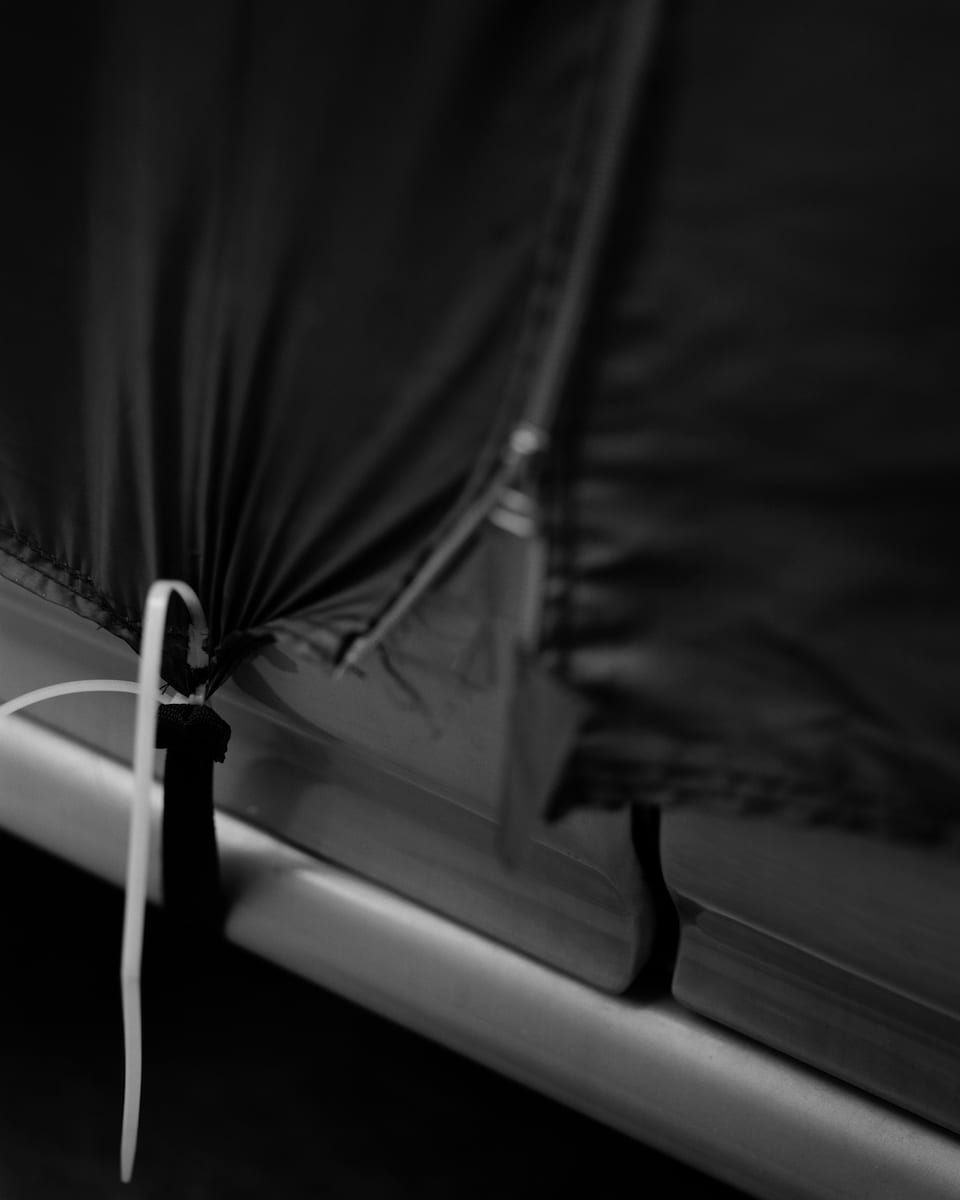In 2017 BJP partnered up with Brighton-based camera manufacturer Intrepid Camera Co. to launch the Intrepid Film Photography Awards.
The three winning photographers each received a limited edition Intrepid 4×5 camera and Ilford Photo film, with which they have spent the past year creating new bodies of work. These will be showcased in a pop-up exhibition, at which Intrepid will be launching a Kickstarter for the new Intrepid Enlarger. Here, in the last of the three features profiling the winning photographers’ work, Lewis Khan discusses his love for London, the city that provides the backdrop to his latest series.
Following a highly publicised series on the NHS entitled Love Time, Lewis Khan has turned his lens onto the people and places that intersect with the River Effra. Running from Crystal Palace, through to Norwood, Brixton and eventually Vauxhall Bridge, the river oscillates between locations and memories that are of great significance to the native south Londoner. Khan has been photographing his local area since the age of 15 when he began experimenting with his dad’s SLR film camera. Part social documentary and part autobiographical diary, Effra: A River in a Tube feels like an ode to the place he calls home.
“I have never been anywhere like London,” he muses. “You are exposed to so many different types of people and cultures.” London – and its salmagundi of nationalities, religions, races and classes all living as one melting pot – is deftly illustrated through this project. Combining a mixture of portraiture and landscape photography, Khan captures the fleeting and often overlooked elements of urban life.
His eye for the unseen is also evident in Effra: A River in a Tube. Since the 19th century, the Effra has been lost from sight, covered over with brick and mortar in the mid-1800s when it became a sewer. Today the river exists as a subterranean passage, running deep beneath the city streets and occasionally emerging in places along its trajectory from source to mouth. It is this idea of trammelled freedom that sparked the idea for Khan’s series.
Over a two week period, commencing next Friday, Khan’s work will be on display at British Journal of Photography’s east London exhibition space alongside the projects produced by Sarah Christianson and Michael Novotny. Below, Khan shares how he executed the project and why he chose the mysterious River Effra as his subject.
–

How does London inspire and inform your approach?
Whenever I’ve gone anywhere else in the world, the main thing I miss about London is just how mixed it is and how many different nationalities and cultures there are living side by side. I’ve never seen anything quite like that level of integration except in London. It educates you about other people and also sparks interest; it raises questions about things you don’t know. That’s invaluable.
When I was 19 I was in between doing a photography course at London College of Communication and going to university, and I went to live in Paris for a bit. It took me so long to find fresh coriander. I’d been living there for four months and it took me so long! Stuff like that makes you suddenly realise how different London is because in London that’s just so normal. It’s a small thing but it’s true.
What appeals to you so much about taking people’s portraits?
I guess part of what I enjoy with photography is the bit before the actual portrait. The portrait will be the end result of a big process. I enjoy getting to know people in a way that I didn’t know before – having a kind of relationship with, or understanding of someone, in a different way.

Did this inspire your short film with George [Georgetown]?
George is someone who used to live on my street. I didn’t know him but would see him around and, on a casual level, say ‘hello’ on the street. Slowly, I got to know him a bit more. The camera becomes a way of exploring questions you have or allowing a relationship to develop. Without being able to say “let’s make this film” or “take some pictures”, the relationship wouldn’t have grown in the same way. It’s a tool [the camera] that allows for that.
Where did your idea for Effra: A River in a Tube come from?
I’m from south London. I grew up in Peckham and Vauxhall and spent lots of my life in and around those places. I found out about this river – it’s called the River Effra – that runs underground through south London and comes out in the Thames in Vauxhall. It starts in Norwood, in a little hilly area, and it’s like a tubed river that runs underground. I thought this was interesting so I checked the route and noticed that it runs through loads of the places that are very personal to me. It begins in a place where my goddaughter lives, runs through where I went to primary school, across a cemetery that my friend is buried in, and past where George lives. It comes out where I grew up in Vauxhall. So I decided to trace this river, starting from the beginning in Norwood and walking along it overground and taking photographs along the way.
Over the past year, conversations around masculinity and mental health have opened up which has been reflected in the photography industry. What do you hope your photographs contribute to the growing conversation?
I’m always interested in trying to uncover something – from a subject to a strength, to a fragility, or a moment of transition. And especially when dealing with a label such as masculinity – which has such weighted connotations and prescribed sets of values. I think it’s especially interesting to delve beneath that.


The Intrepid Film Photography Awards pop-up exhibition, supported by Ilford Photo, will be open to the public at BJP’s east London gallery space at Import House, 9th Floor, 2 Clove Street, E14 2BE, from 05 October to 18 October 2o18 between 9:30 am and 7:00 pm, Monday to Friday. Look out for more information about the launch in our next editorial.
–
The Intrepid Film Photography Awards is supported by British Journal of Photography. Please click here for more information on sponsored content funding at BJP.
